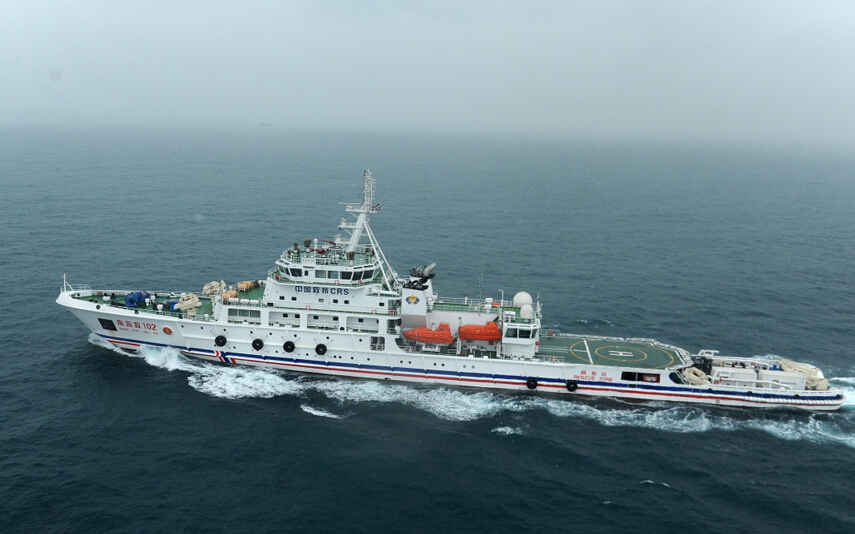Burundian authorities ‘shut doors’ to engagement, cooperation – Security Council told
9 March 2017 – Nearly two years after the political impasse started in Burundi, national authorities are reducing their cooperation with the United Nations system which risks undermining efforts to find a peaceful resolution to the crisis and cutting assistance to a population in need, the Security Council was told today.
Presenting the first Secretary-General’s report on the situation in Burundi, the Special Adviser on the topic noted that “the report is factual and speaks for itself.”
Jamal Benomar told the Council the UN has tried to constructively engage with the Government and support the people of Burundi in their search for peace and stability, to no avail.
“We have engaged quickly, refrained from public criticism and encouraged modest, small steps to build confidence with the parties. Despite this modelled approach, the doors to engagement and cooperation have been largely shut by the authorities,” Mr. Benomar said.
In the past several months, the Government has decided to withdraw from the Rome Statute of the International Criminal Court, suspend cooperation and collaboration with the Office of the UN High Commissioner for Human Rights (OHCHR) and refused cooperation with the commission of inquiry mandated by the Human Rights Council.
The Government has also avoided signing a document with the African Union that would allow human rights observers and military experts to be deployed, to aid Burundians.
These actions were taken as “human rights violations and abuses continue to be reported on a worrying scale,” according to the report.
In addition, at the end of February, President Pierre Nkurunziza suggested that he might seek a change to the Constitution allowing him to seek a fourth term in office. The move, as written in the report, “has the potential to plunge the country into an even deeper crisis.”
Referring to the report, Mr. Benomar called on the Burundian Government “to fulfil its moral obligation and political responsibility to return the country to a path of peace.”
He noted that most Burundians do not want to continue on the track of “international isolationism, violence and repression.”
The UN envoy urged the international community – guided by the Security Council – to do its part to support those who seek a peaceful resolution of this crisis, and underscored the UN’s continued commitment to helping the Burundian people.
The Security Council also heard by video-conference from former Tanzanian President Benjamin Mkapa, who is facilitating discussions between the Government and the opposition in accordance with the Arusha Agreement. Mr. Benomar stressed in his statement that Mr. Mkapa has the UN’s full support in his work.
Also speaking to the Council today was Jurg Lauber, the Chair of the Burundi Configuration of the UN Peacebuilding Commission. Mr. Lauber will visit Burundi at the end of this month to get first-hand impression of the situation and meet with the Government, opposition and civil society representatives.
In his statement, Mr. Labuer echoed Mr. Benomar’s call to the international community to remain active in Burundi: “Abandoning Burundi now would mean wasting past efforts and putting the country and its people at risk of recurring conflict.”
